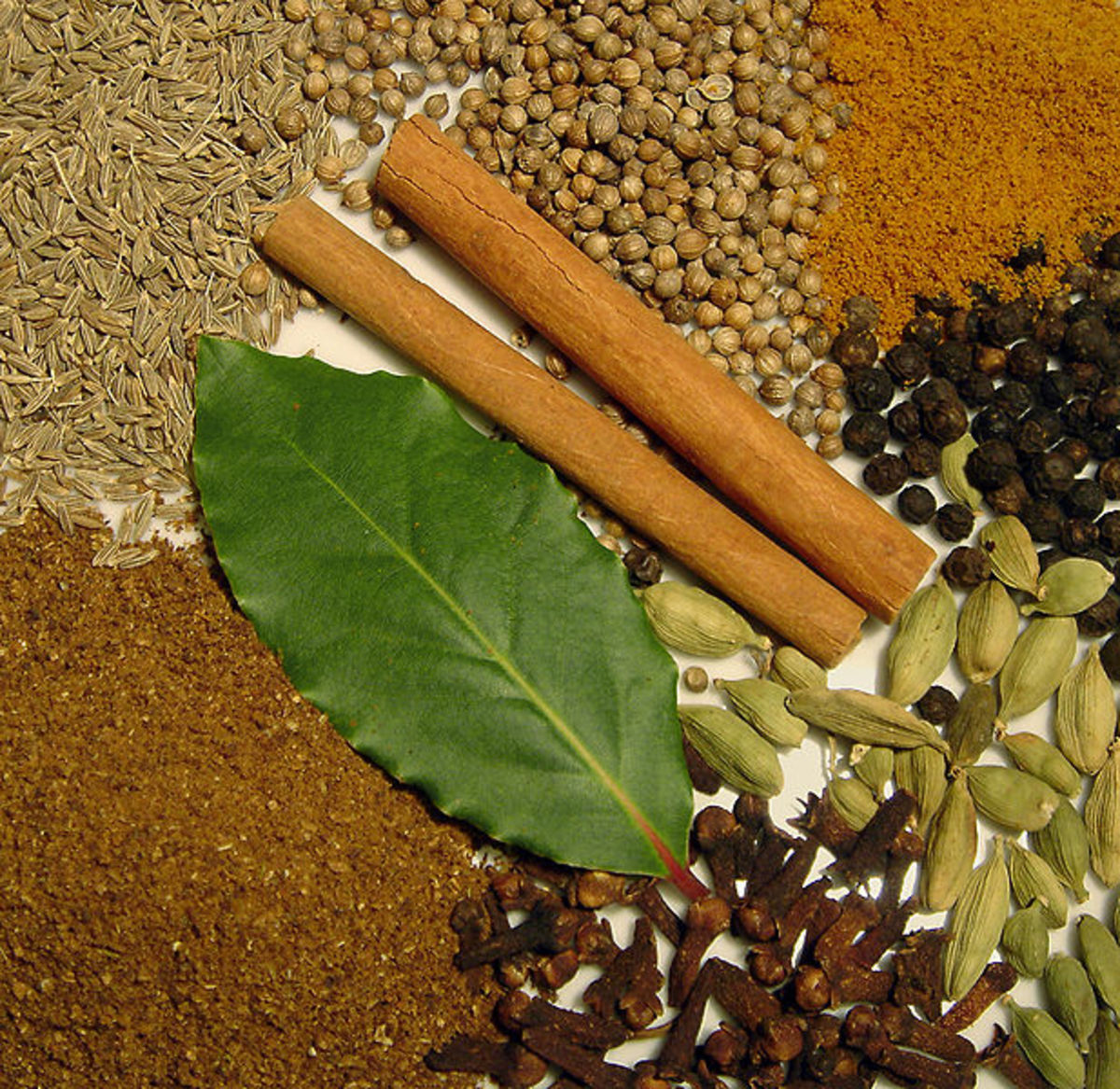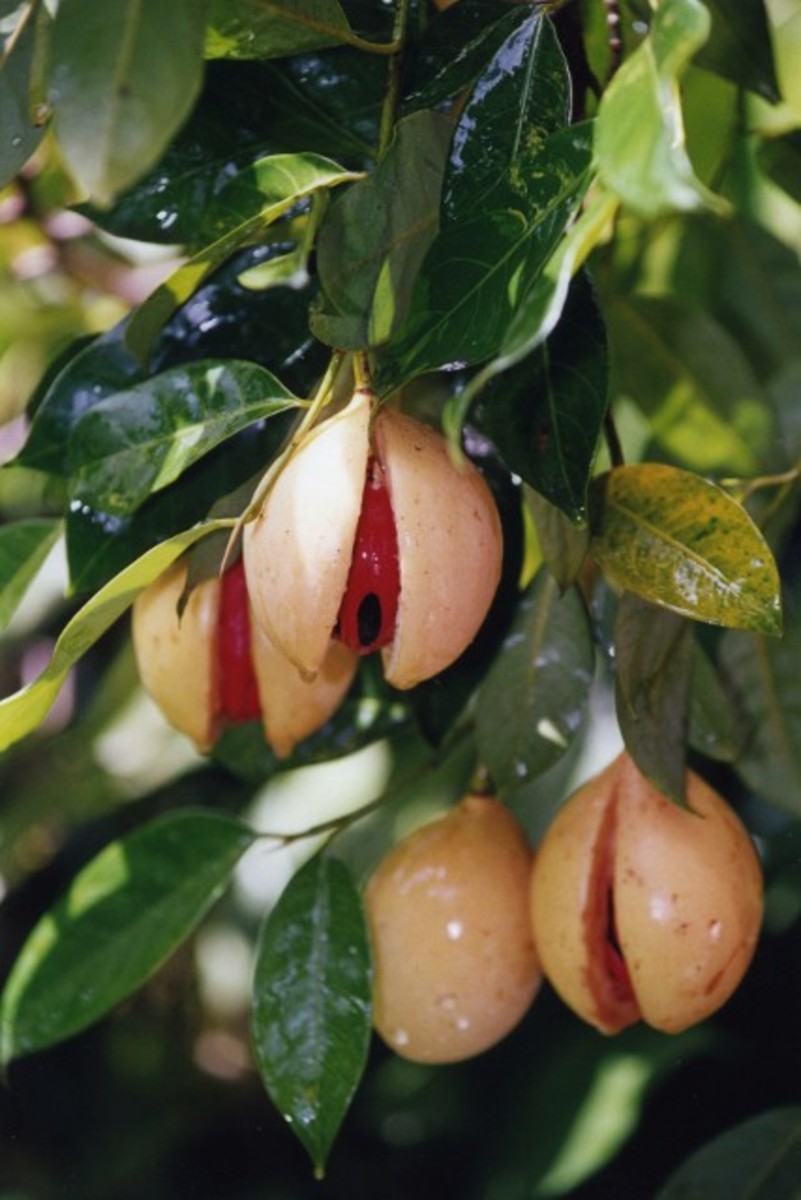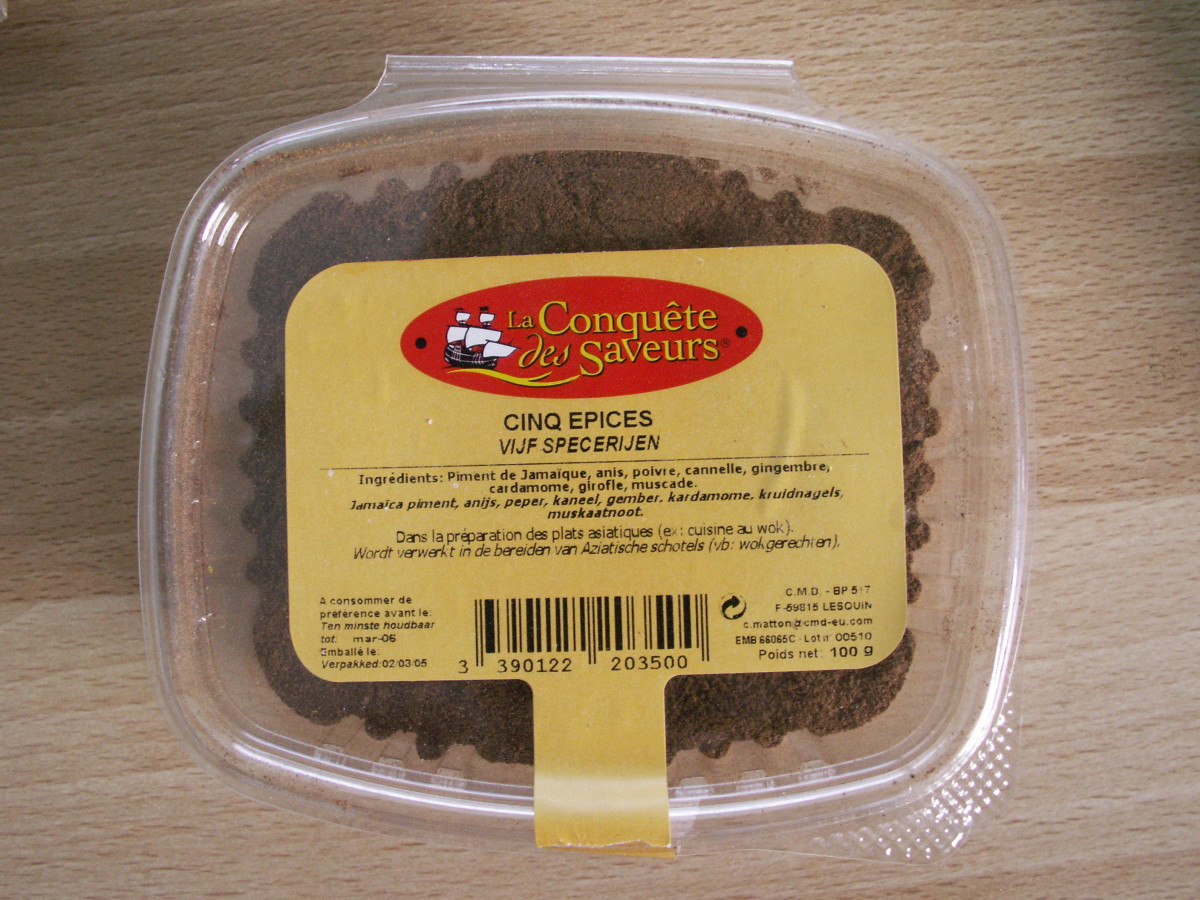7 Super Anti-Aging Spices
Spices
Super Anti-Aging Spices
The Aging process can take its toll on the body. It’s not just wrinkles—after all, there’s Botox but age can bring age-related diseases. Diabetes, cardiovascular diseases, Alzheimer’s, cancer and osteoporosis are just a few of the chief manifestations of aging and they can greatly compromise the quality of life.
However, we don’t have to be victims of age. More and more researches are showing how we can fight back with food. Yes, food! And they can come in the form of spices—humble food enhancers that actually work wonders.
What wonders, you ask? Spices contain loads of antioxidants, minerals and multivitamins—all proven disease fighters. What’s more? Because spices are nutrient dense, they are thermogenic, meaning they naturally increase your metabolism. And let’s not forget the best quality of them all-- Spices can stall aging.
Here are the top 7:
1. Ginger. Ginger has been used since ancient Chinese history to soothe nausea, upset stomach and stop diarrhea. Remember Ginger ale and the most universal way of easing morning sickness? Not such an old wife’s tale, after all. Japanese researchers found that an active chemical, gingerol found in ginger may be responsible for blocking the body’s reflex to vomit.
However, ginger is not just that. One of the newest reports show that ginger has cancer-fighting capabilities. According to researchers at the University of Minnesota’s Hormel Institute, gingerol can inhibit the growth of human colorectal cancer cells. Gingerol is also anti-inflammatory and may be used to reduce pain and relieve arthritis.
Spice up your health by brewing some fresh ginger tea with some freshly sliced ginger, honey and a squeeze of lemon juice. Ginger can be used in stir-fries, soups and spicing up your meat dishes.
2. Turmeric. Another member of the ginger family, Turmeric has been enjoying increasing fame as an anti-aging spice. In fact, Nicholas Perricone, M.D., in his book, Ageless Face, Ageless Mind, calls it the Spice for the Ageless. So what’s the hype about? It turns out that turmeric has been used for centuries in India and China as folk medicine, food preservative, coloring agent and spice.
The Asians know a thing or two about turmeric—they use this yellow spice (due to the active agent, curcumin) in their curries and seasonings for poultry and fish. Curcumin is a close cousin to the polyphenol-class of antioxidants that provides the same cardiac and cancer-preventing properties as other antioxidant giants: tea, chocolate, berries, grapes and pomegranates.
Turmeric is also effective in preventing Alzheimer’s disease. The population of rural India has one of the lowest rates of Alzheimer’s and this is attributed to their daily consumption of turmeric.
Other studies have revealed even more benefits from including turmeric in your food: it may aid fat metabolism and helps weight management. It is a natural detoxifier and can clear skin problems like acne and psoriasis.
3. Lemon Grass. If you enjoy Thai food, you are probably familiar with this herb. Not only does it smell refreshing, it adds tons of flavors to soups and curries. Lemon grass has a natural fresh lemon scent and is a natural antidepressant, used to fight depression and anxiety.
Researchers from Israel reported that it has the highest amount of citral (a substance found in lemon peels), known to relieve cramps, spasms, headaches and rheumatism. They also found strong promise of lemon grass as a cancer fighter, particularly colon cancer.
Use only the lower portion of the lemon grass, the elongated bulb like part. Add zing to your food by tossing them in your stir-fry or add them to your soups, curries and stew.
4. Cinnamon. We all love a dash of it in our apple pie, our chai latte and of course, cinnamon rolls wouldn’t exist without it. Cinnamon dates back to the 2800 BC, and has been used for its medicinal and culinary value since ancient times in China, Egypt and Rome.
Cinnamon has bold medicinal claims. Recent studies show that it is effective in regulating sugar levels by increasing insulin’s sensitivity. Other studies have shown how half a teaspoon of cinnamon a day can lower LDL cholesterol. Another study conducted by the U.S. Department of Agriculture in Maryland revealed that cinnamon can reduce proliferation of leukemia and lymphoma cancer cells.
You can add cinnamon to desserts, ice-cream, coffee and even to savory dishes like soya sauce chicken.
5. Oregano. A distinctive flavor in Italian and Mediterranean cooking, this little herb can pack a punch. It has the highest level of antioxidant of all herbs: one teaspoon of oregano has as much antioxidant as 3 cups of broccoli (good news for broccoli haters). Antioxidants capture free radicals that can give rise to various forms of cancer.
Oregano also has bacteria-fighting properties. Researchers at the University of Vermont found that a small amount of concentrated oregano extract can destroy the Listeria bacteria, commonly found in vegetables, dairy, fish and meat products
Oregano is highly versatile and can be used in salads, sauces or as seasonings on all kinds of meat and fish or pasta.
6. Garlic. Used since the Pyramid Age to strengthen the builders for the monumental task, garlic is a powerful antioxidant. Consider the long string of health benefits: it can lower cholesterol and blood pressure, raise HDL (good) cholesterol, is anti-inflammatory and can prevent cerebral aging, and boosts immunity. Recent researchers show that garlic is useful in the treatment of diabetes.
Include garlic in your stir-fry, marinade, sauces or use it as a seasoning.
7. Chili Peppers
Capsaicin, the active ingredient in chili peppers, not only contribute to the hit of spiciness in your food, it also has many health benefits. According to Dr H. Philip Kaeffer, director of Hematology and Oncology at the Cedars-Sinai Hospital, “Capsaicin inhibits the human prostate cancer cells in Petri dishes and mice.”
It is also a powerful anti-inflammatory agent. By inhibiting substance P (associated with inflammatory processes), capsaicin has been used to treat arthritis, psoriasis and diabetic neuropathy.
Weight gain comes more easily with age. The good news is Capsaicin is a natural thermogenic agent—it increases the body’s metabolic rate and helps to keep weight down.
Chili peppers can be added to salsa, soups, condiments and toss into meat dishes and more.










